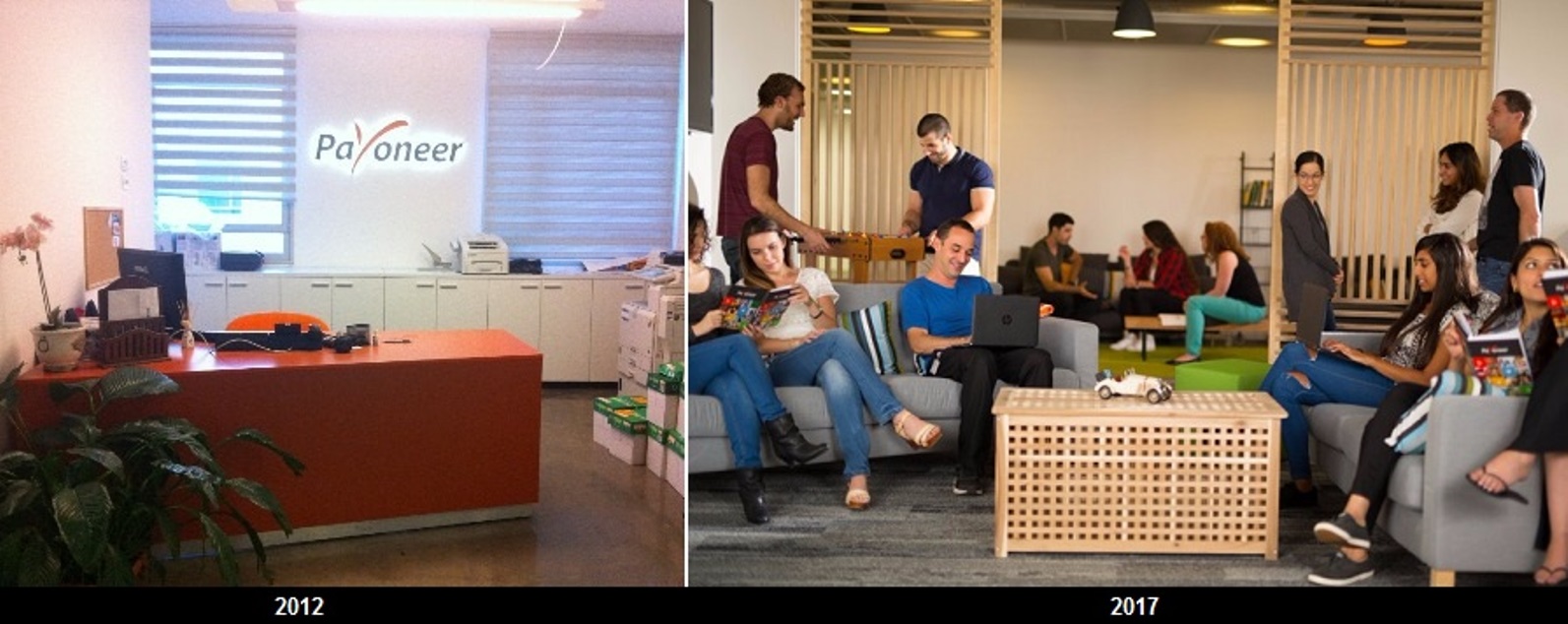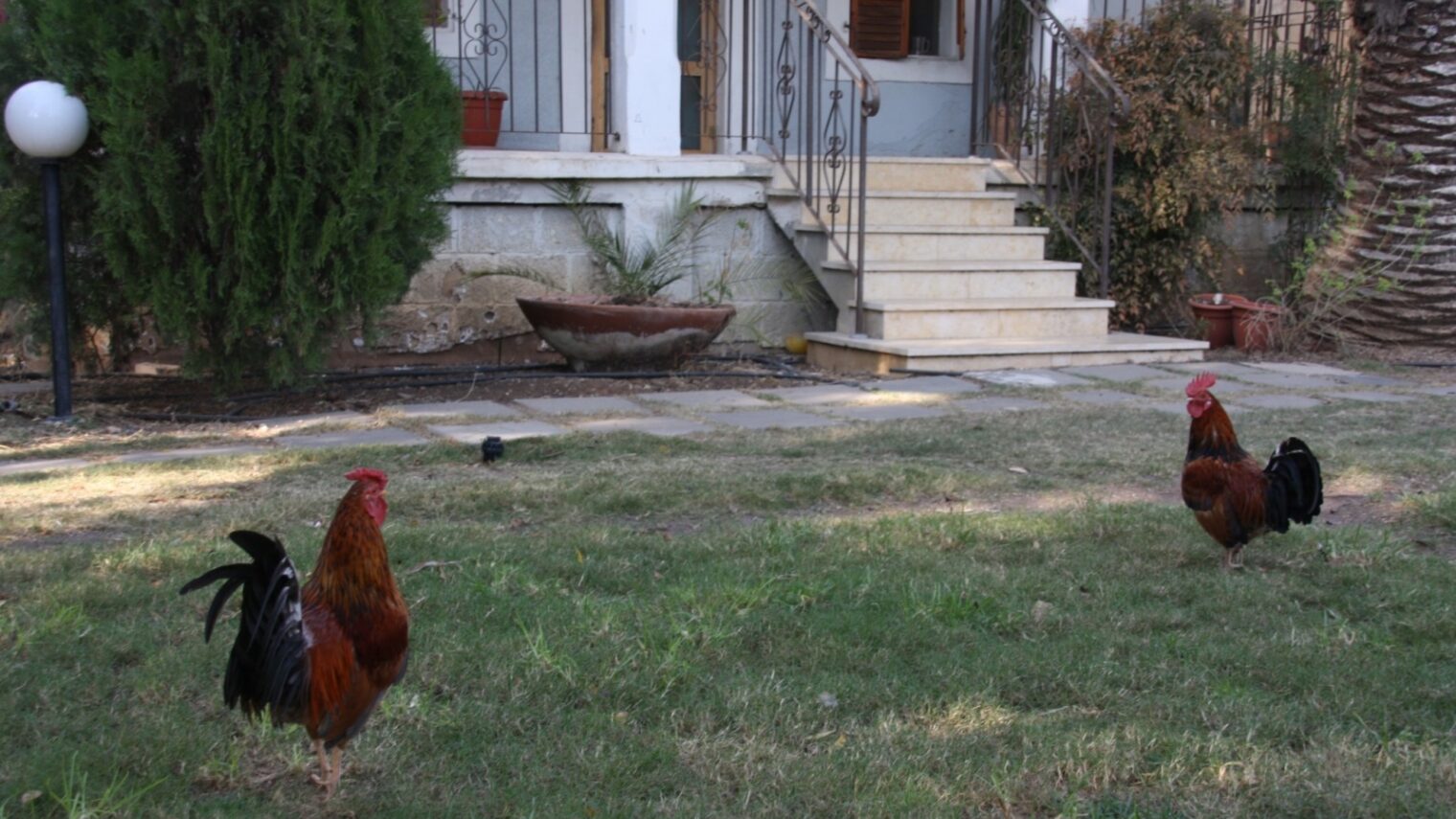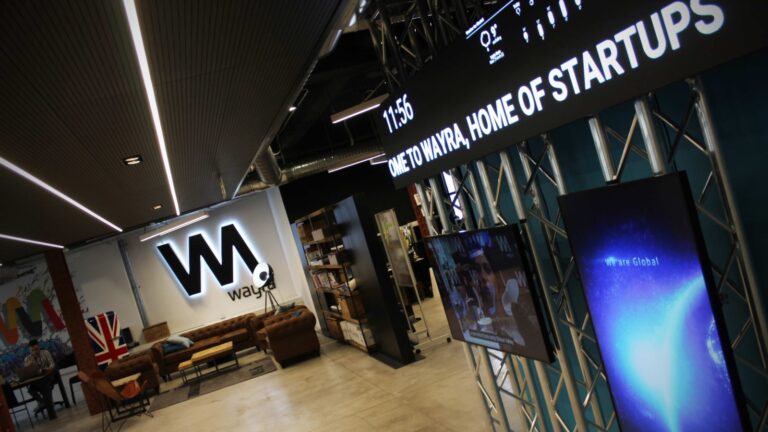The budget was lean during the first bootstrapped days of Israeli marketing-tech company Optimove in 2009. The company rented a 50-square-meter ground-floor space in Tel Aviv’s working-class Hatikva neighborhood. Without a kitchen or trendy restaurants nearby, employees bought crackers at the corner grocery when they had a snack attack.
“We were a group of developers and data analysts sitting around a square table. We didn’t even have laptops; we had desktop computers. There was no privacy whatsoever so people would work with headphones on,” recalls Amit Bivas, now head of marketing. “To take a phone call you had to go out to the street, but it was noisy.”
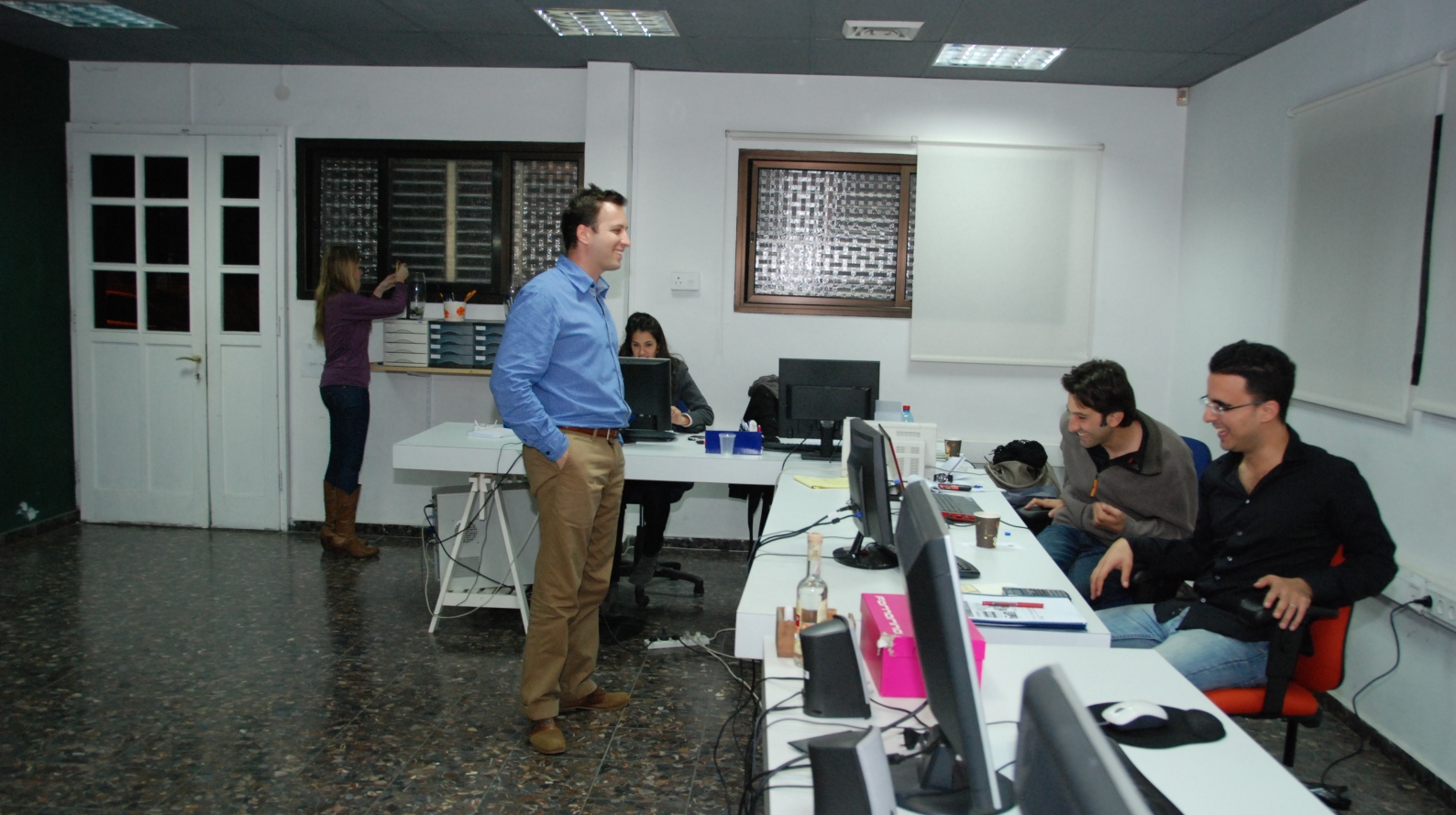
Those days are long gone. Optimove was valued at $100 million last September and currently employs 150, including 10 in London and 15 in New York. Fifty more will be hired in Tel Aviv early next year, as the thriving startup graduates from its current hodgepodge of offices to two full floors of a fancy office building.
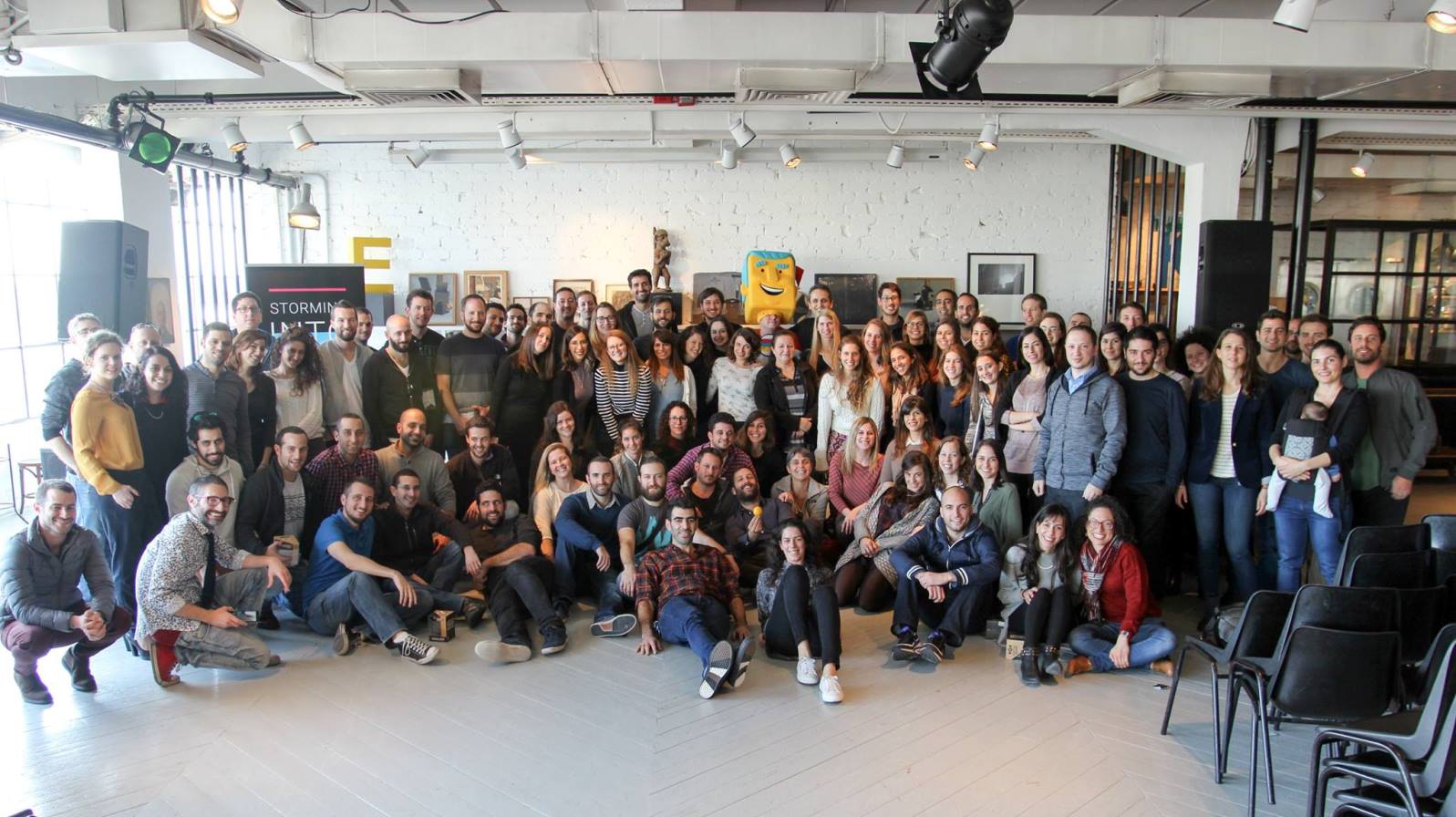
Successful Israeli startups like Optimove are now moving into a mature phase of corporate life. When the “startup nation” culture was hatching in the late 1990s, funding and physical amenities were scarce. Now there are co-working hubs, accelerators and venture-capital firms all over Tel Aviv and in other cities as well.
Several maturing startups had fun reminiscing with ISRAEL21c about their hardscrabble early days.
Down on the farm
In 2004, the first employees of online genealogy platform MyHeritage worked on the second floor of a rented house in the agricultural village where founder Gilad Japhet lives. A family lived on the first floor and cats, dogs, hens and bunnies ran around the yard.
“Whenever we talked with people on the phone and the chickens were making noise in the background, the person on other end of the line would assume it was someone’s ringtone,” says chief genealogist Daniel Horowitz. “We’d explain that, no, it was real chickens squawking outside the window.”
Horowitz is one of seven MyHeritage employees recently feted for serving 10 or more years with the company, which now has 370 employees in Israel, Utah, California, Kiev and Canada.
Nir Sharony, a server-side architect, was the company’s first employee. At first he worked alongside Japhet at home. Moving to the nearby house was a major advance despite its country-bumpkin setting.
“It was a famous place for wedding photography, so we always saw brides and grooms outside our windows too,” Sharony recalls. At mealtimes, the workers cleared their desks to transform them into a communal dining table.
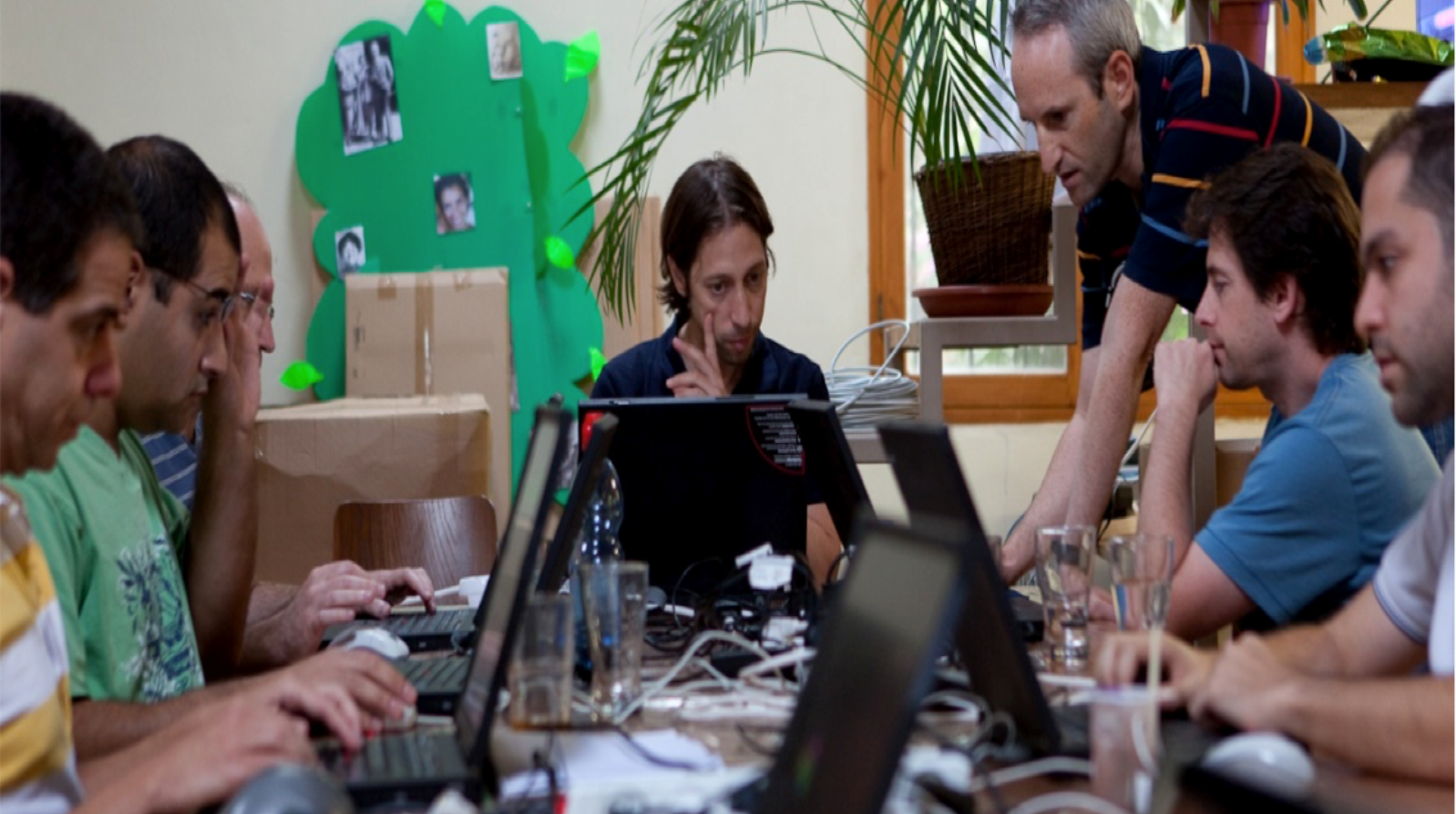
In March 2012, the rapidly expanding company moved to a high-tech park in Or Yehuda and recently opened another office in Tel Aviv with an onsite gym.
“We designed our current office to be reminiscent of early times,” says MyHeritage marketing director Aaron Godfrey. “Outside on our balcony we have a lovely garden with decking and trees, and we still have a big lunch area where people sit together.”
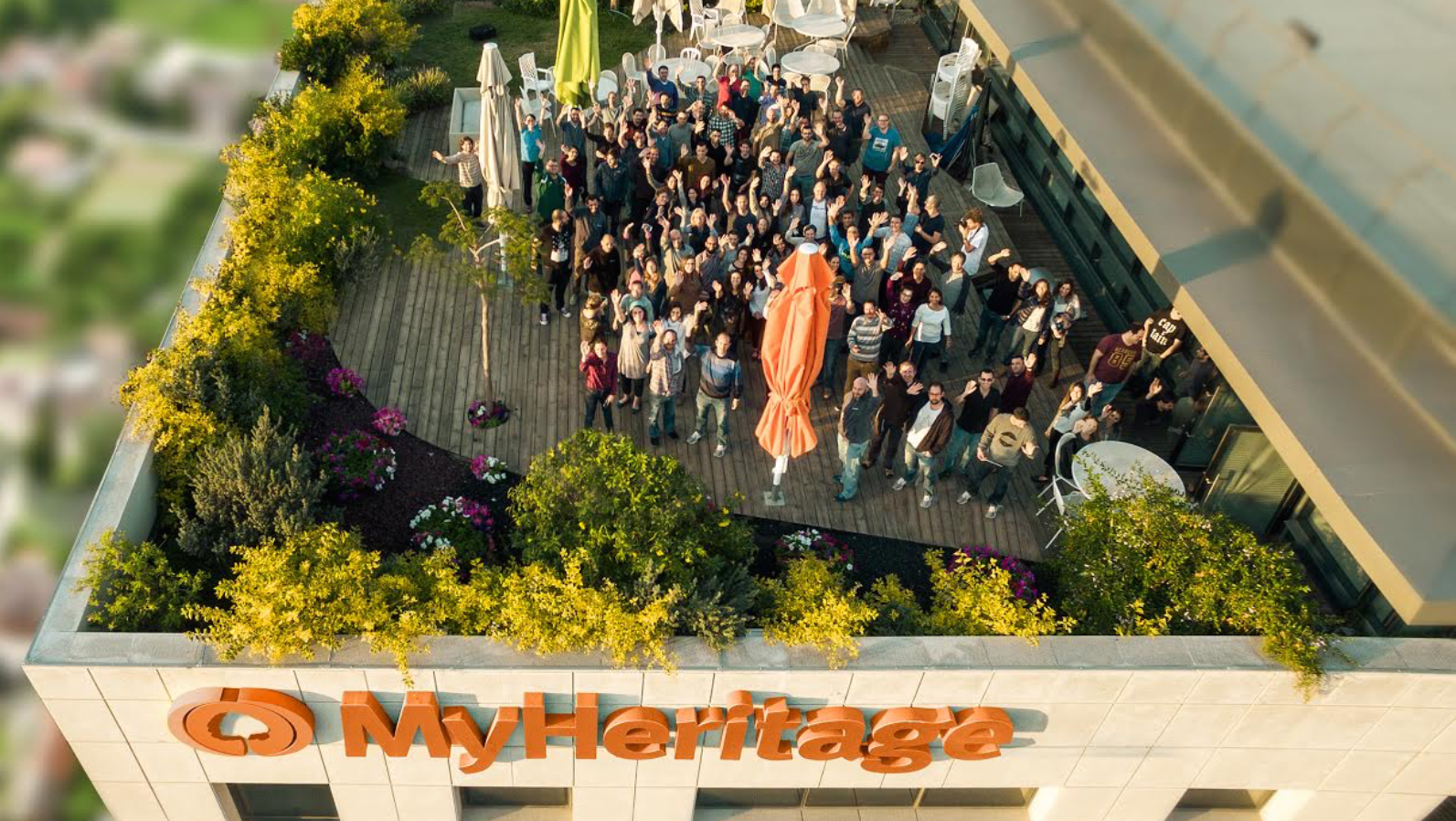
No ladies room
Finding a restroom was the biggest headache for Rotem Waissman, head of design at Dapulse, founded in 2012 to provide management tools for improving workplace communication and productivity.
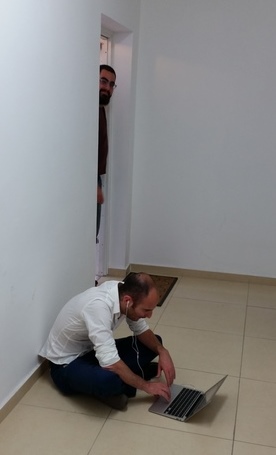
“I joined the company in 2014 and I was the sixth employee. We were in a small renovated two-bedroom apartment on Rothschild Boulevard [in Tel Aviv]. We had a few desks in the living area and a few in a bedroom. We soon grew to be 10, and we all had to share one bathroom,” she tells ISRAEL21c.
The two women on staff used the facilities in the downstairs coffee shop instead.
As the space got more crowded with workers and their pet dogs, employees made business calls while sitting on the floor of the corridor outside the office/apartment. “If only they knew,” Waissman says with a laugh.
Dapulse later moved to a new office in Tel Aviv and in June moved again to a bigger space accommodating 150 people (and several dogs). The company has customers in 105 countries, including Adidas, AT&T, Discovery Channel, Samsung, Uber and WeWork.
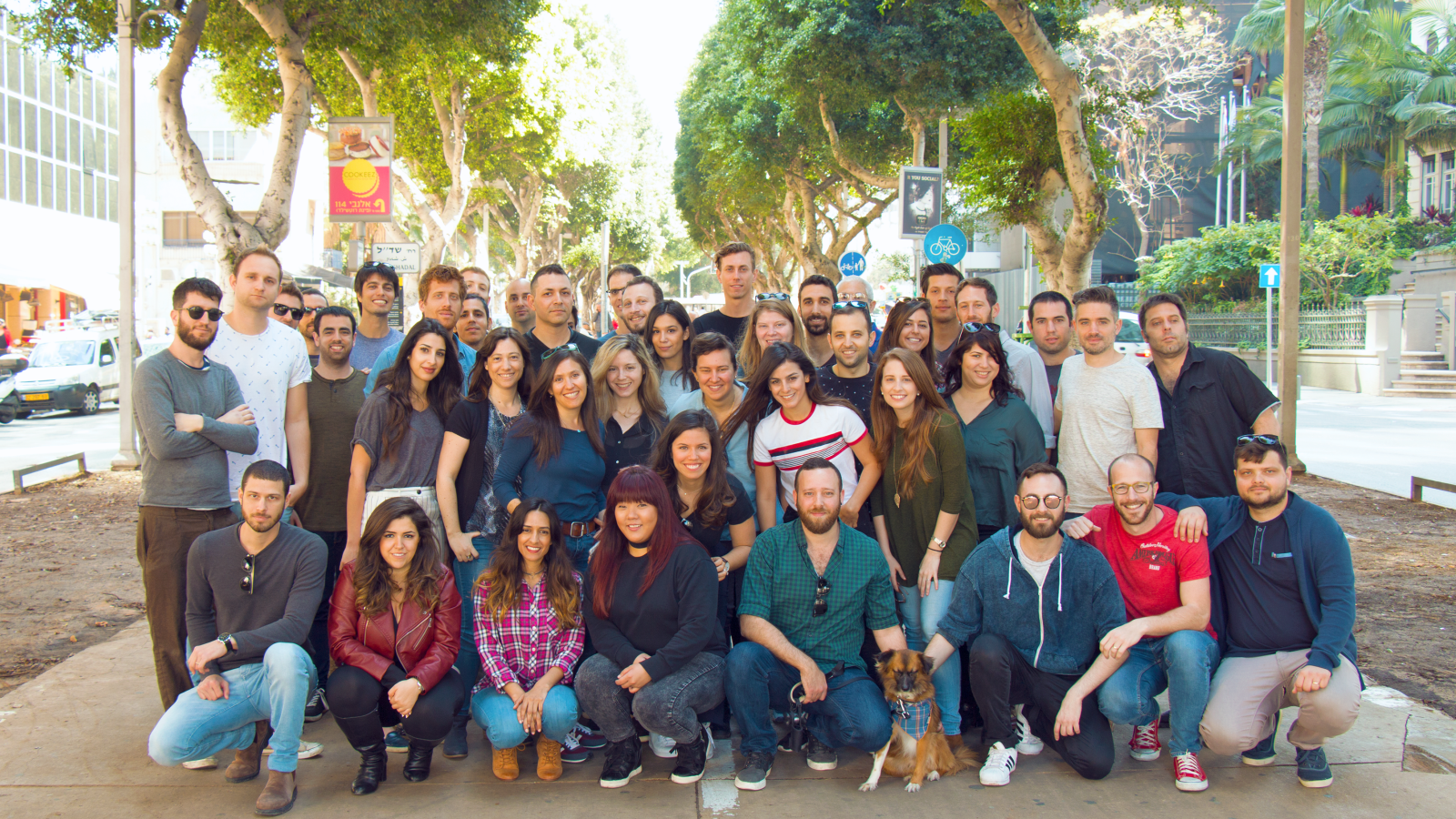
“When I joined we had five companies using our service as a trial, and no paying customers,” says Waissman.
“We had a screen in the main room with a zero on it, and every time we got a paying customer it binged with a new number. We started it as a joke and it’s become part of our culture. Today everyone can still see the number of paying clients and signups, now well over 12,500. It’s a big company but still feels very startup.”
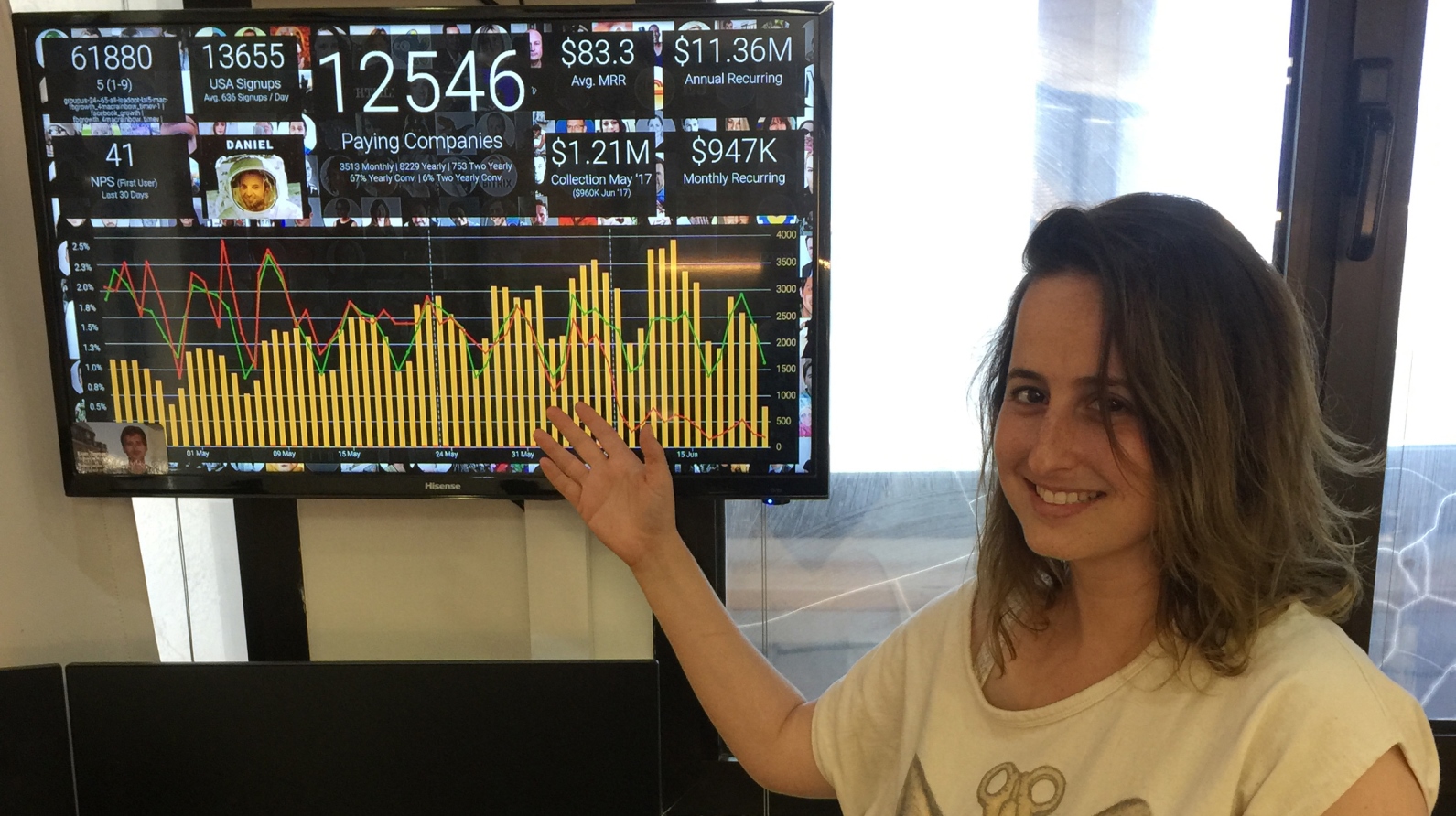
A gift of cookies
When it was founded in mid-2005, Payoneer was far from the multinational online money transfer and e-commerce payment services company it has grown to be.
Nissim Alkobi, now Payoneer’s Hong Kong-based director of global growth, started in summer 2006 as a customer-services rep and was one of eight employees.
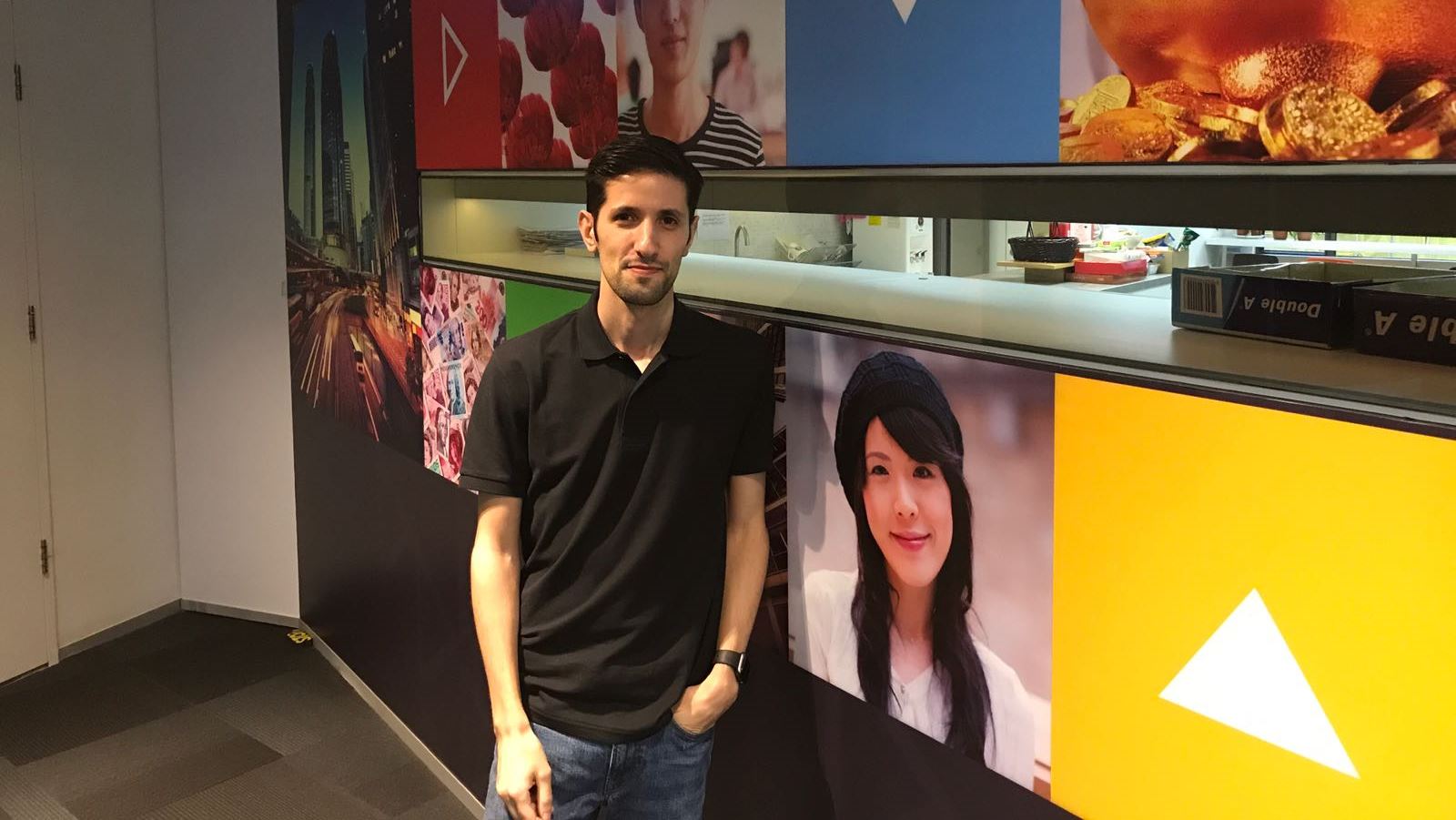
“Our first place was a basic office of two rooms, one for the founder/CEO and the other for the rest of us,” Alkobi tells ISRAEL21c.
“It was more about the team than the product. A lot of startups in Israel start off that way, with the right people and the right idea,” he says. “At the beginning everyone does a little of everything as the company grows.”
Among Payoneer’s first jobs was handling deposit payments for Birthright participants. “Sometimes on live chats they would ask us what it was like in Israel and what clothing to pack,” Alkobi says. “One time, a Birthright participant found her way to our office and brought us some cookies to thank us for the tips on weather and clothes.”
The Israeli branch in Petah Tikva moved six times until purchasing and filling a five-story building. Payoneer has definitely grown up, with a staff of 1,000 — 650 in Israel, 90 in Hong Kong, about 200 in New York and California, and a few in the Far East and UK.
